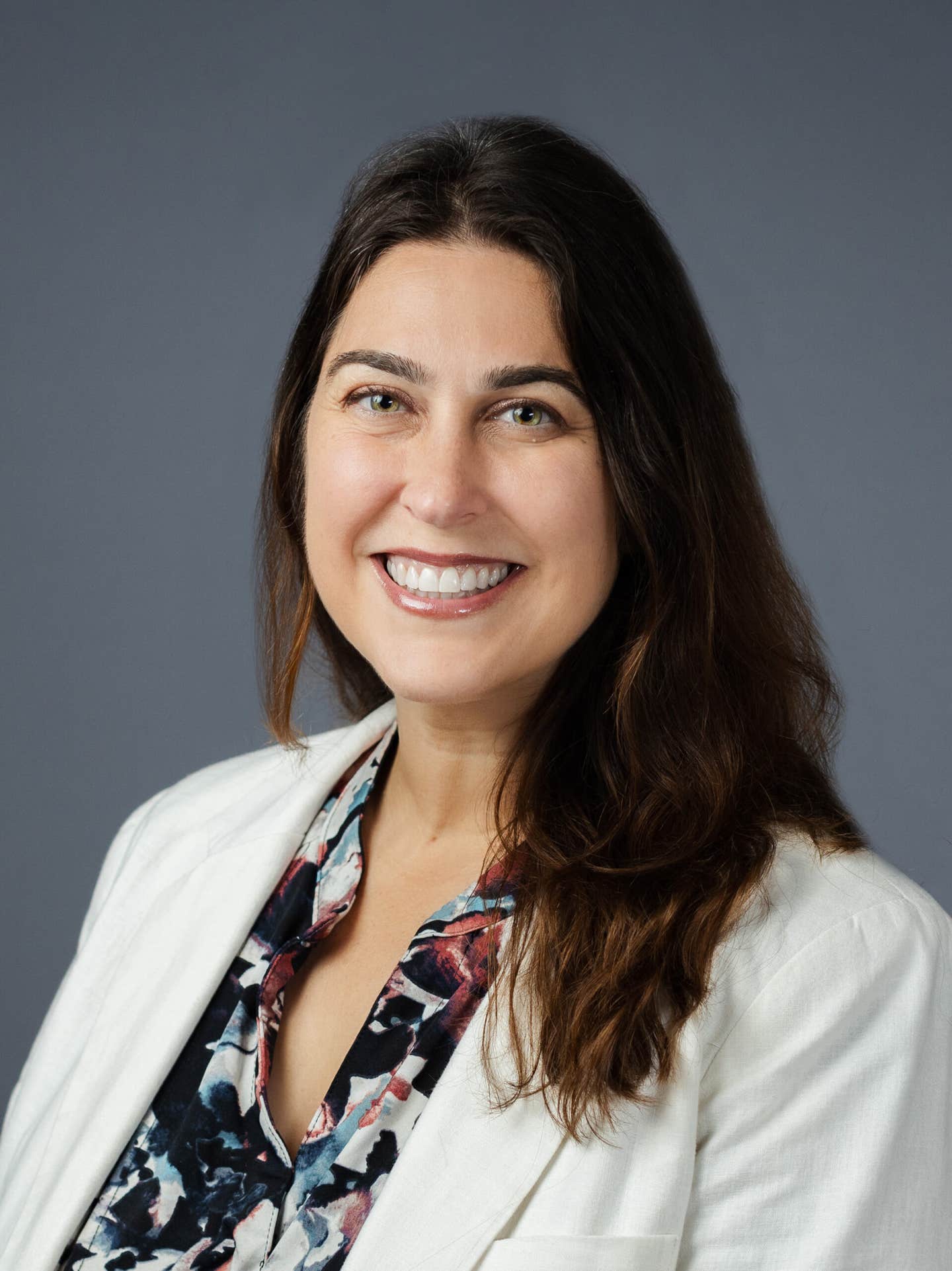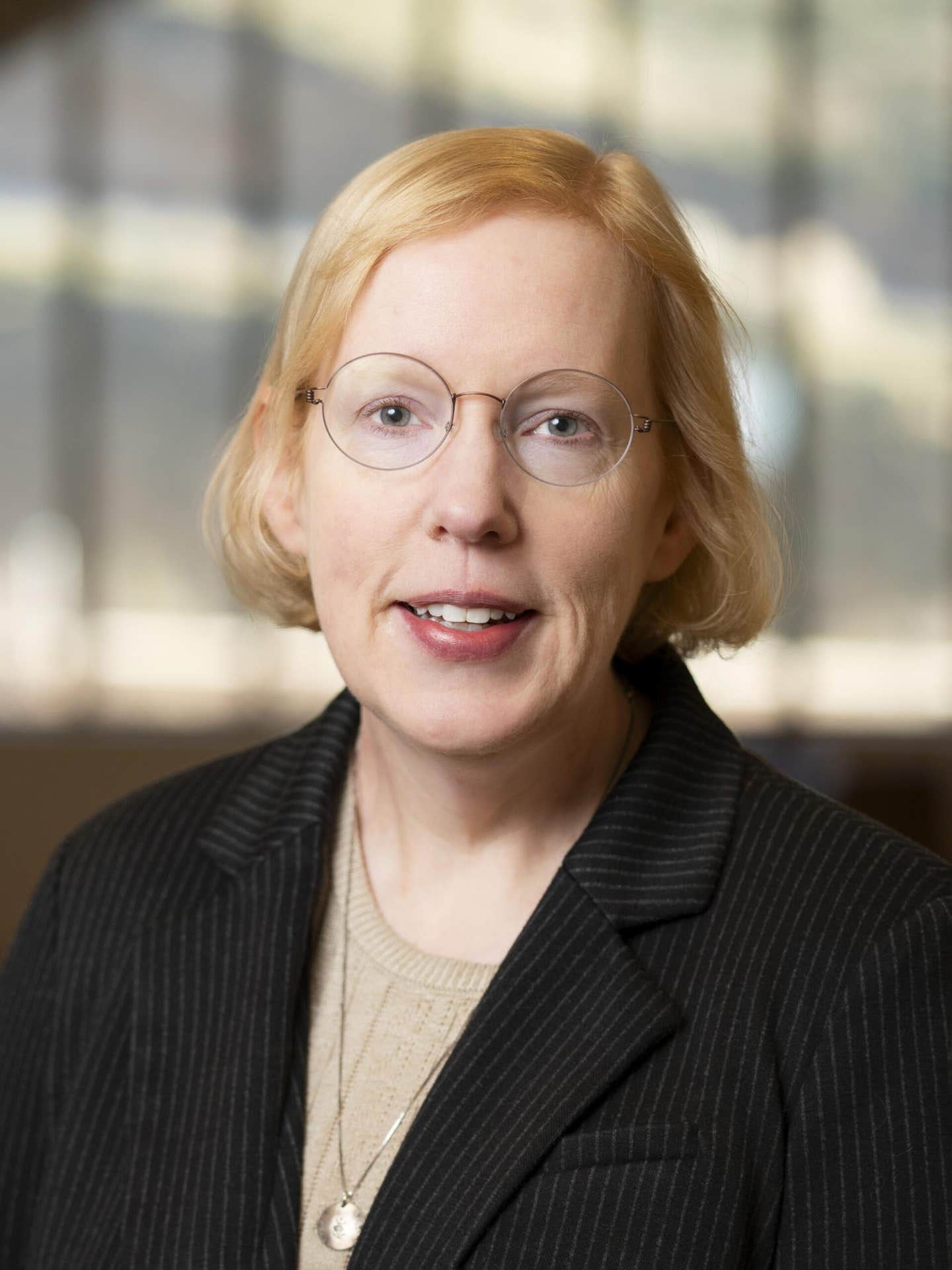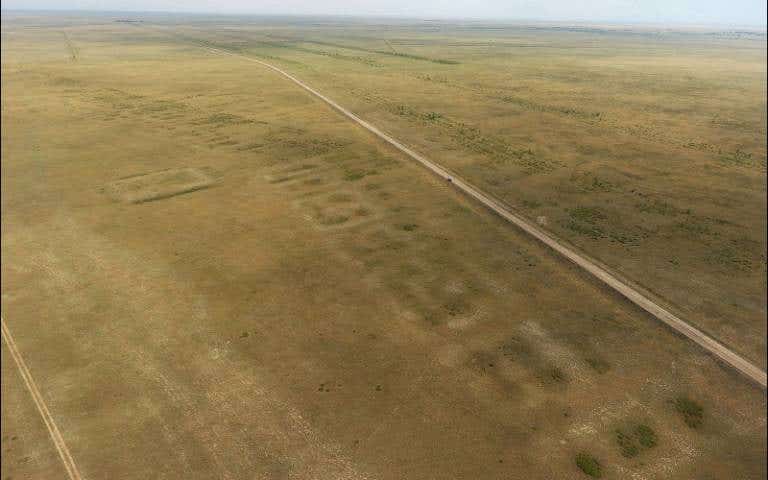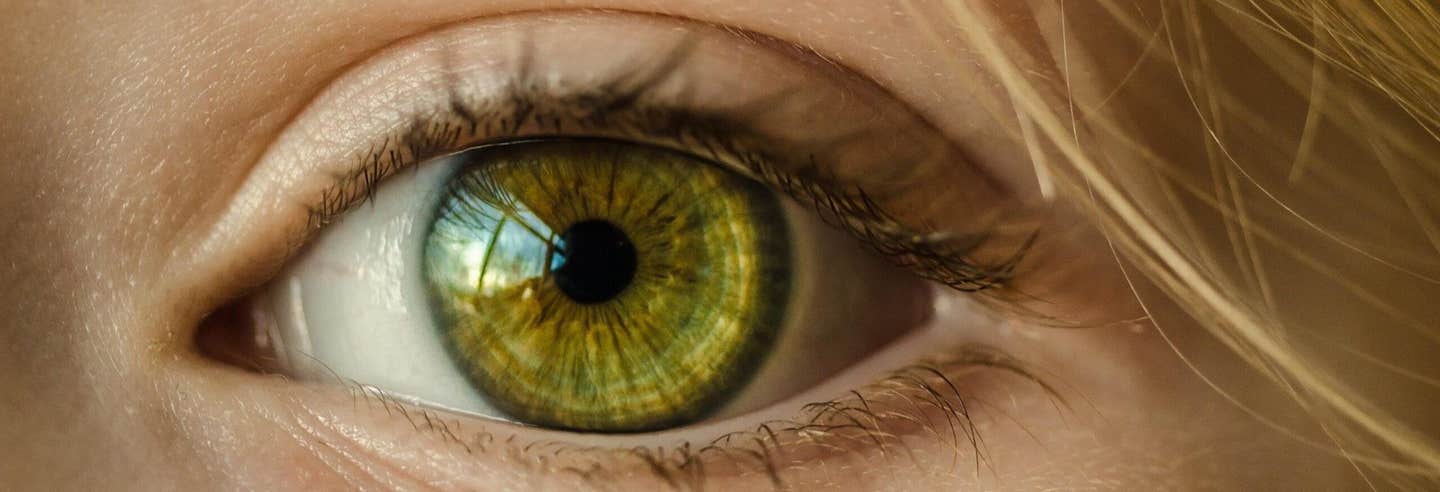New AI-powered chatbot looks to revolutionize cancer testing
Chatbot-assisted genetic testing offers a scalable alternative to traditional counseling, addressing growing demand and empowering patients with cancer risks.

Chatbot technology is transforming genetic testing for inherited cancer risks. (CREDIT: CC BY-SA 4.0)
Advancements in genetic testing for cancer risk have opened doors to early detection and prevention. However, barriers to access and the growing demand for genetic counseling challenge the healthcare system's ability to deliver these services effectively.
A recent study from Huntsman Cancer Institute and NYU Langone Perlmutter Cancer Center provides hope with an innovative chatbot-based model that could redefine how patients access genetic testing.
Inherited genetic changes are linked to roughly 10% of all cancers, according to the American Cancer Society. Yet, most individuals at risk remain unaware of their genetic predisposition. With the discovery of new cancer-associated genes, genetic testing can now cover a broader spectrum of risks.
These advances underscore the importance of identifying and assisting at-risk individuals early. Unfortunately, the availability of genetic specialists has not kept pace with the growing demand for testing and counseling, creating significant gaps in care.
“There’s a substantial number of people who have an inherited cancer syndrome. The vast majority don’t know it,” explains Dr. Kimberly Kaphingst, research director at Huntsman Cancer Institute. “As we get better at recognizing people who need genetic testing, we must develop sustainable ways to provide those services.”
Chatbots: A Scalable Solution
The BRIDGE (Broadening the Reach, Impact, and Delivery of Genetic Services) trial addressed this challenge by testing whether chatbots could serve as an alternative to traditional genetic counseling.
The standard approach typically involves two in-person appointments with a counselor—one before testing to discuss risks, benefits, and family history, and another after testing to interpret the results.
Related Stories
In the trial, over 3,000 participants in Utah and New York were identified as being at high risk for inherited cancer syndromes based on self-reported family health histories. Participants were divided into two groups: one followed the traditional counseling model, while the other used a chatbot to receive genetic education.
The chatbot, accessible via the MyChart patient health portal, provided information in an interactive format. Patients could ask questions and determine whether to proceed with genetic testing. According to Dr. Kaphingst, the chatbot simplified the process while delivering comparable outcomes to traditional counseling.
“Our goal wasn’t to see if the chatbot was better or worse. We wanted to determine if this was another viable model for delivering genetic services. For many, the chatbot provided enough information,” says Kaphingst.
Meeting the Growing Demand
The study highlights the potential of chatbots to alleviate pressure on genetic specialists. Rachelle Chambers, a genetic counselor at NYU Langone, emphasizes the significance of these findings in light of rising demand for genetic testing.


“Twenty years ago, we tested for a handful of genes like BRCA1 and BRCA2. Now, we analyze up to 100 genes linked to cancer,” says Chambers. “There simply aren’t enough specialists to meet the needs of all eligible patients.”
The chatbot model ensures that more individuals can access testing without overburdening genetic counselors. This innovation could also play a key role in addressing health disparities by providing access to underserved populations who may face geographic or financial barriers to care.
For those identified as having a higher genetic risk, knowledge can be transformative. Patients can adopt proactive measures, including increased screenings, medications, surgery, or lifestyle changes to reduce their cancer risk. This preventative approach can save lives and reduce healthcare costs.
The study’s findings are published in JAMA Network Open, highlighting the equivalency between chatbot-assisted and traditional counseling methods. “This model could expand access to genetic services in a scalable way,” says Chambers.
Collaboration and Future Directions
The BRIDGE trial involved a multidisciplinary team of genetic counselors, oncologists, and data scientists, reflecting the collaborative nature of the research.
While the chatbot model shows promise, further research is needed to refine the technology and address its limitations. Randomized trials comparing long-term outcomes between chatbot-assisted and traditional methods could strengthen the case for wider implementation.
Additionally, efforts to integrate chatbots into broader healthcare systems will be critical to realizing their full potential.
The BRIDGE trial demonstrates how technology can transform healthcare delivery. Chatbots offer a scalable, sustainable solution to increase access to genetic services, empowering more individuals to take charge of their health.
As genetic testing continues to evolve, innovations like this ensure that the benefits reach all who need them, bridging gaps in care and fostering a healthier future.
Note: Materials provided above by The Brighter Side of News. Content may be edited for style and length.
Like these kind of feel good stories? Get The Brighter Side of News' newsletter.



